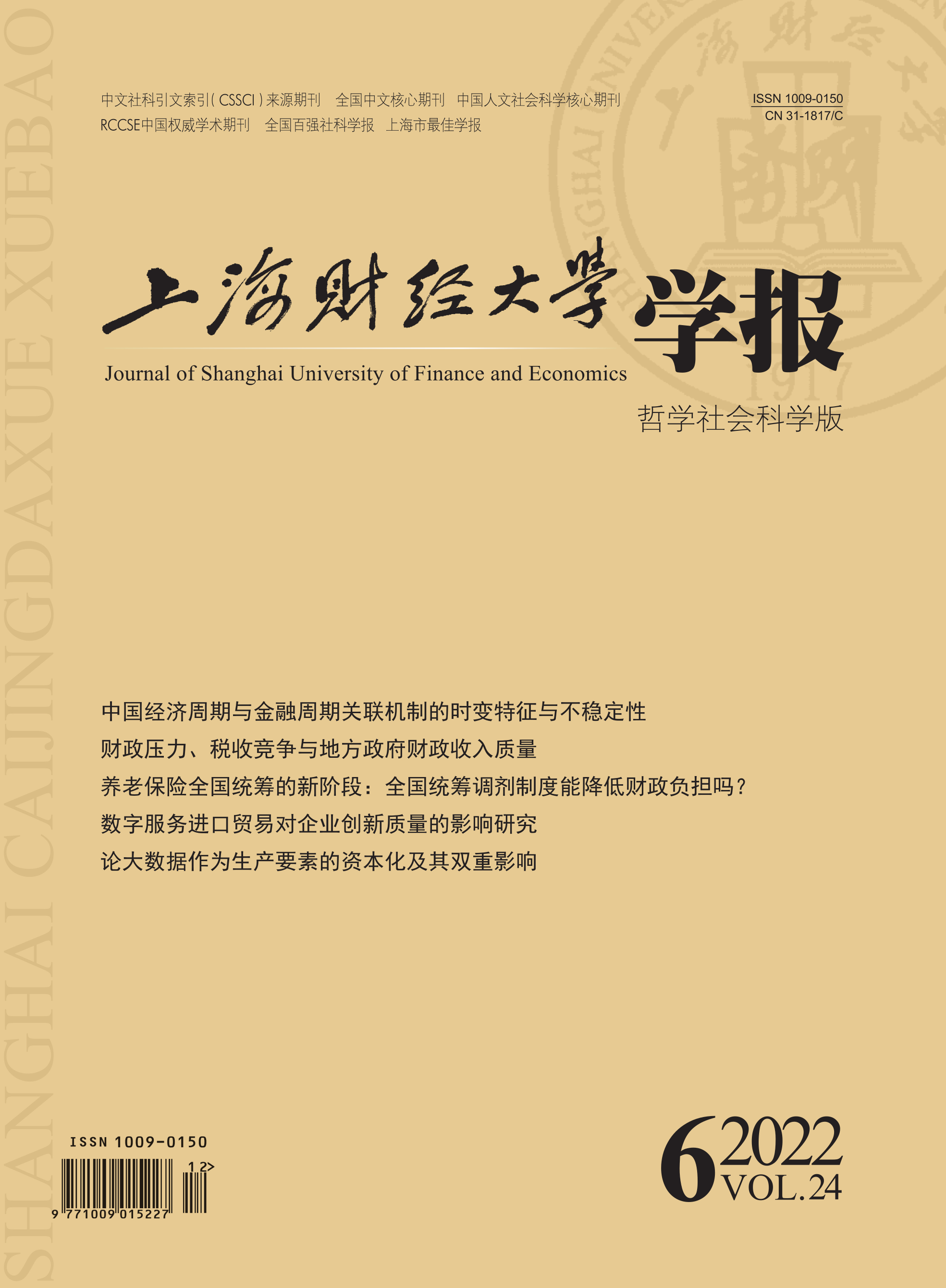At this stage, the basic pension insurance fund for urban employees is facing serious problems of continuous operation, among which the current income of the fund being not enough to cover the expenditure and the imbalance of inter-provincial fund are becoming increasingly prominent. To alleviate these problems, China implemented the national pooling policy of pension insurance in January 2022 and executed the national pooling adjustment system. Then, under the premise that the national pooling system affects the behavior of local governments in collecting insurance premiums, can the newly implemented national pooling adjustment system reduce the fiscal burden of the pension insurance for urban employees? This paper first uses a dynamic panel data model to study the impact of the national pooling adjustment system on the collection rate of pension insurance for urban employees; then, through an actuarial model, it measures the extent of the impact of the national pooling adjustment system on the fiscal burden of the pension insurance for urban employees.
The study finds that: First, compared with the case of the central transfer system, the implementation of the national pooling adjustment system will make local governments less motivated to collect premiums, resulting in a 6.28 percentage point decrease in the collection rate of the pension insurance for urban employees. Second, under the implementation of the national pooling adjustment system, the annual fiscal burden of the pension insurance for urban employees in 2050 reaches 126.52 trillion yuan, and the cumulative fiscal burden from 2022 to 2050 reaches 1198.21 trillion yuan. Third, compared with the case of the central transfer system, the annual financial burden of the pension insurance for urban employees in 2050 will increase by 4.38 trillion yuan, or 3.59%, and the cumulative financial burden from 2022 to 2050 will increase by 93.97 trillion yuan, or 8.51%, under the case of the national pooling adjustment system. In summary, the national pooling adjustment system will significantly reduce the collection rate and lead to an increase in the fiscal burden of the pension insurance for urban employees. Based on this, China needs to actively address the fiscal burden of pension insurance and introduce incentive mechanisms for local governments to collect pension insurance premiums while promoting the national pooling policy of pension insurance.
The marginal contributions are that: Focusing on the new phase of the national pooling of pension insurance, this paper empirically analyzes the impact of the national pooling adjustment system on the fiscal burden of the pension insurance for urban employees, which provides an empirical basis and decision reference for the optimization of the national pooling policy of pension insurance. At the same time, based on the provincial pooling system of pension insurance, this paper approximates the impact of the national pooling adjustment system on the behavior of local governments in collecting insurance premiums, which provides a feasible research idea for such problems.





 5371
5371  8164
8164

